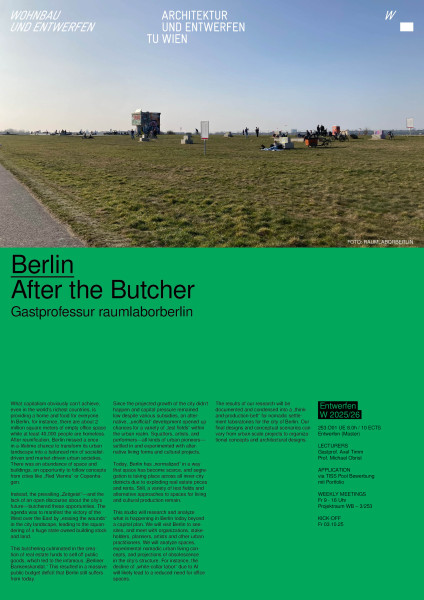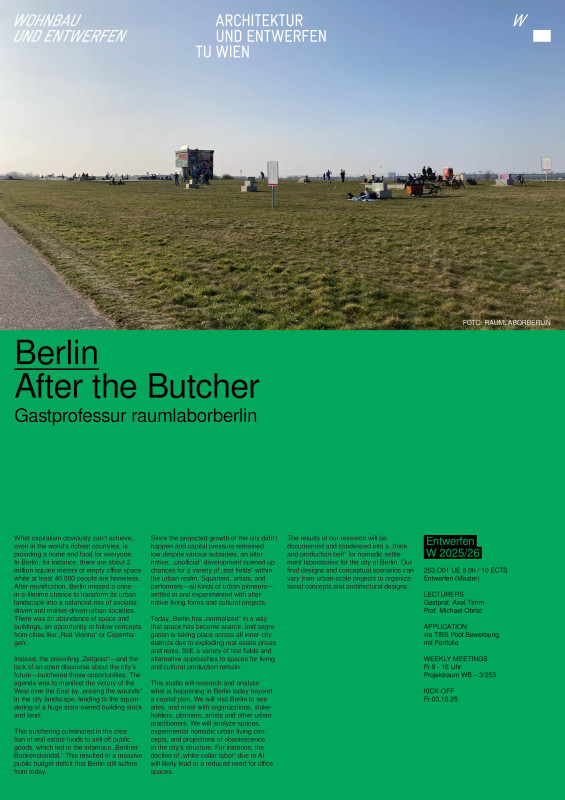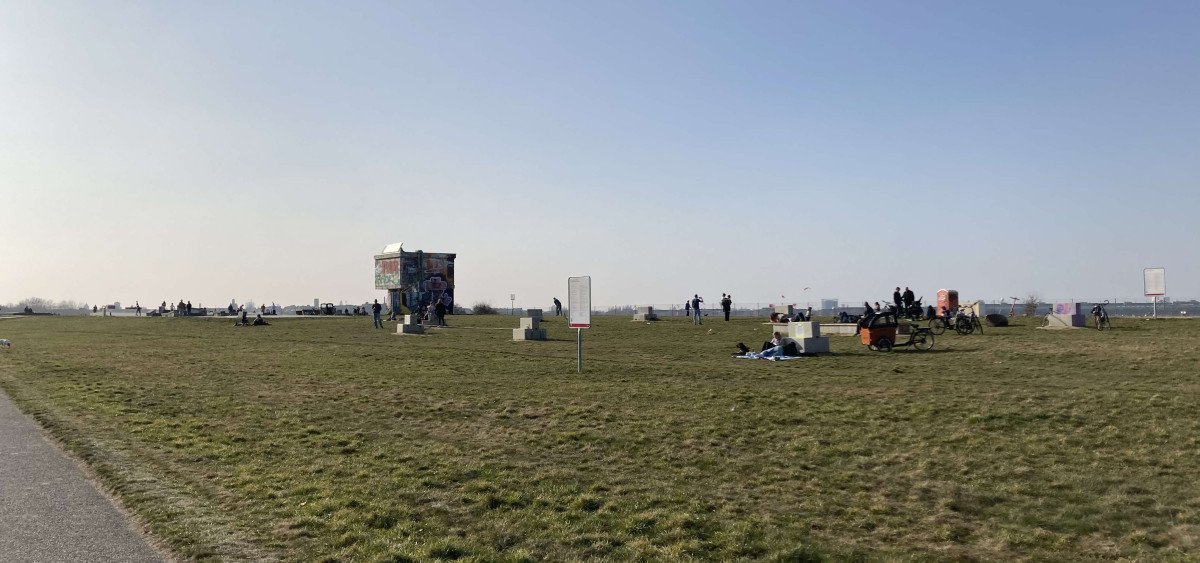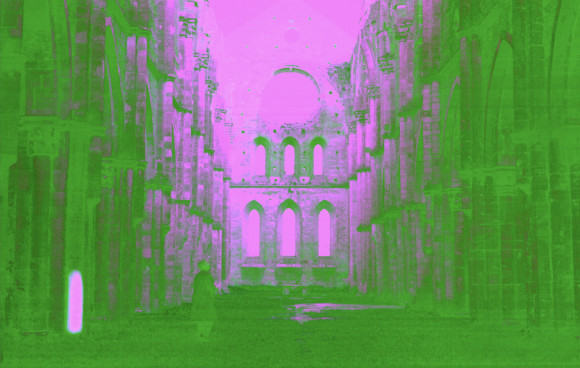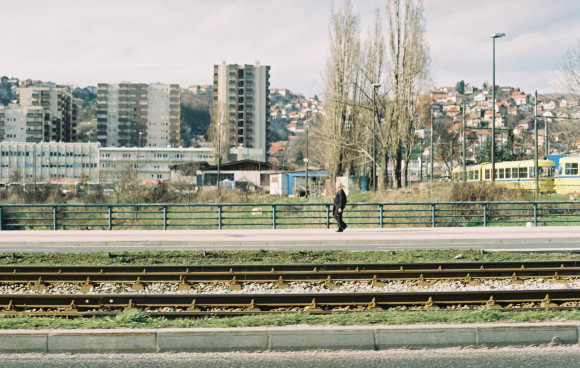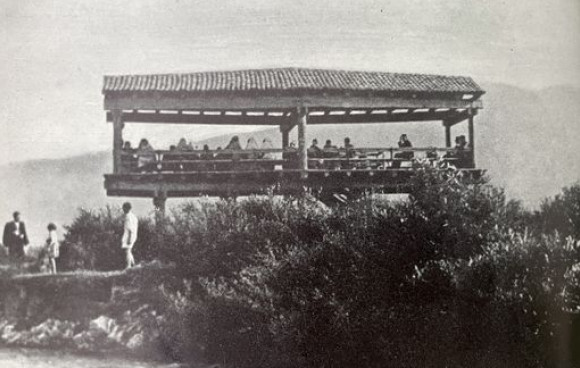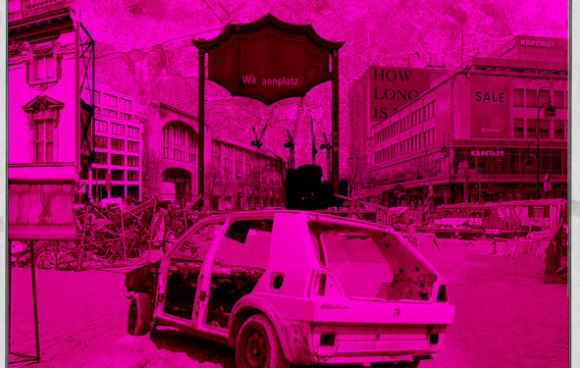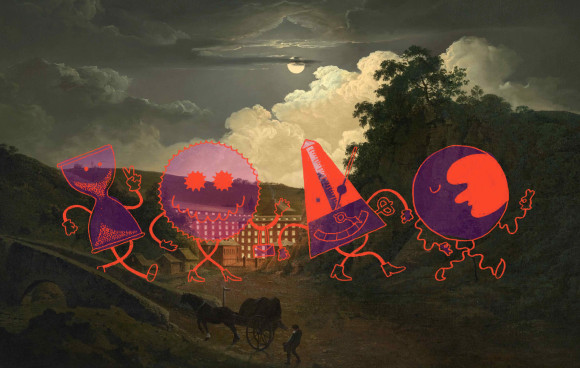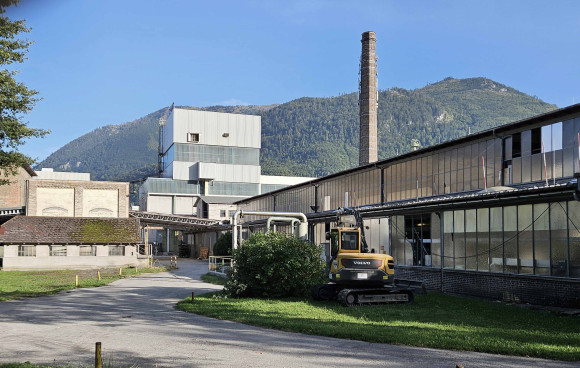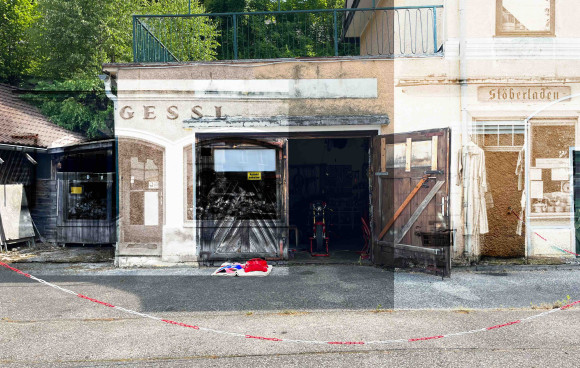Entwerfen
Gastprofessur raumlaborberlin - After the Butcher
Berlin - After the Butcher
What capitalism obviously can't achieve, even in the world's richest countries, is providing a home and food for everyone. In Berlin, for instance, there are about 2 million square meters of empty office space while at least 40,000 people are homeless.
After reunification, Berlin missed a once-in-a-lifetime chance to transform its urban landscape into a balanced mix of socialist-driven and market-driven urban societies. There was an abundance of space and buildings, an opportunity to follow concepts from cities like "Red Vienna" or Copenhagen.
Instead, the prevailing "Zeitgeist"—and the lack of an open discourse about the city's future—butchered these opportunities. The agenda was to manifest the victory of the West over the East by "erasing the wounds" in the city landscape, leading to the squandering of a huge state-owned building stock and land.
This butchering culminated in the creation of real estate funds to sell off public goods, which led to the infamous "Berliner Bankenskandal." This resulted in a massive public budget deficit that Berlin still suffers from today.
Since the projected growth of the city didn't happen and capital pressure remained low despite various subsidies, an alternative, "unofficial" development opened up chances for a variety of "test fields" within the urban realm. Squatters, artists, and performers—all kinds of urban pioneers—settled in and experimented with alternative living forms and cultural projects.
Today, Berlin has "normalized" in a way that space has become scarce, and segregation is taking place across all inner-city districts due to exploding real estate prices and rents. Still, a variety of test fields and alternative approaches to spaces for living and cultural production remain.
This studio will research and analyze what is happening in Berlin today beyond a capital plan. We will visit Berlin to see sites, and meet with organizations, stakeholders, planners, artists and other urban practitioners. We will analyze spaces, experimental nomadic urban living concepts, and projections of obsolescence in the city's structure. For instance, the decline of "white-collar labor" due to AI will likely lead to a reduced need for office spaces.
The results of our research will be documented and condensed into a "think-and-production-belt" for nomadic settlement laboratories for the city of Berlin. Our final designs and conceptual scenarios can vary from urban-scale projects to organizational concepts and architectural designs.
8h, 12 ECTS
KICK-OFF
tba
